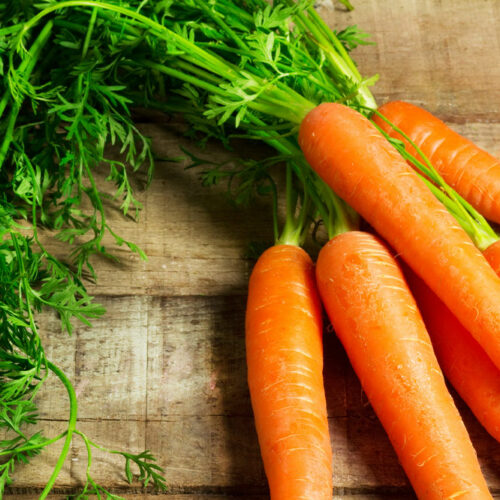Here’s how early retirement raises the risk of dementia

Dementia covers a range of disorders like Alzheimer’s, Parkinson’s, and Huntington’s diseases. Cognitive decline is a primary problem associated with any form of these disorders. But this decline is influenced by several factors that determine the future outlook of such conditions. Clinical studies have determined a link between early retirement and dementia risks to assess severity. Here’s why getting an early retirement may not be ideal for better mental health. Understanding the early risk Dementia is known to affect memory, communication, thinking power, and reasoning. This progressive disorder aggravates symptoms that are influenced by the decline of cognitive abilities. In layman’s terms, if the brain cells aren’t used, healthy cells will irreversibly lose their functionality. After retirement, one may cut down on daily social interactions and engaging conversations that keep the mind active. More recent research on the links between early retirement and dementia indicates that the risk is higher among those who are not working anymore. Key factors that determine the risk of dementia Studies and surveys indicate a serious rate of decline in physical and psychological abilities after retirement. At such times, daily activities that keep the mind active are replaced by a sedentary lifestyle that doesn’t challenge bodily actions.






